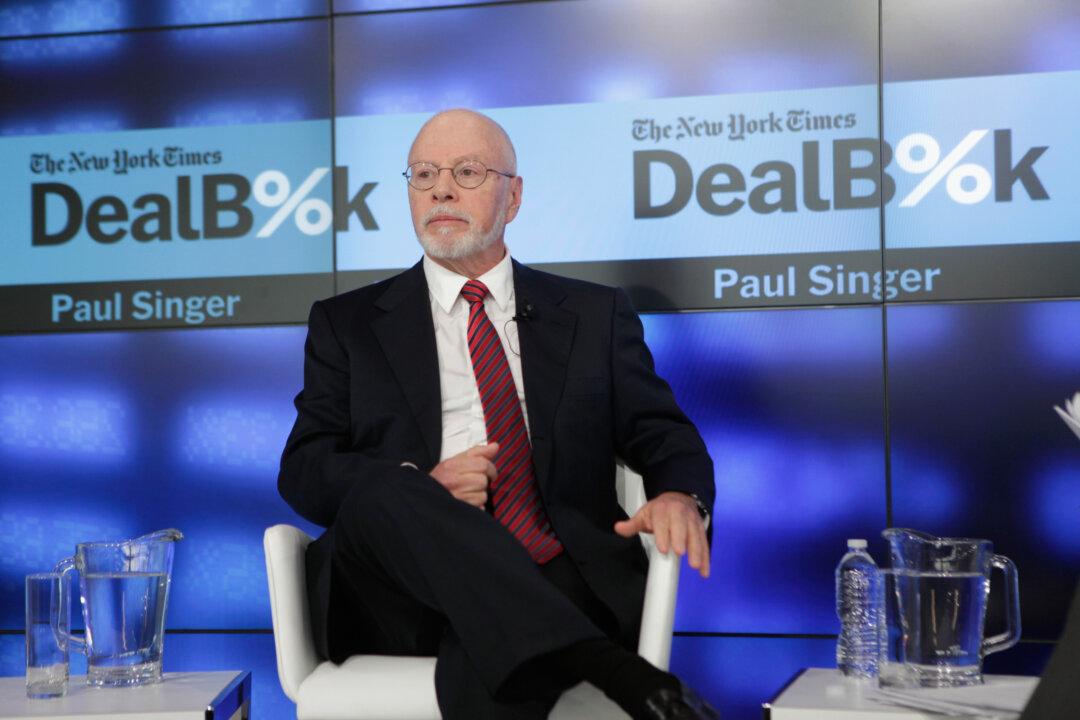Fixed income debt instruments, including bonds, are the backbone of the financial system. It becomes a big problem if, and when, they are worthless. Billionaire hedge fund manager Paul Singer thinks as much.
“Today, six and a half years after the collapse of Lehman, there is a Bigger Short cooking. That Bigger Short is long-term claims on paper money, i.e., bonds,” he wrote in his recent letter to investors in his Elliott Management funds, outlining his idea to sell-short bonds in order to buy them back later and make a profit in the process.
As of this moment, there are just under $60 trillion of credit instruments outstanding in the United States alone—and Singer thinks they will drop in value.
Here is why: All of these fixed income instruments are called like that because the income is, well, fixed. You receive a predetermined rate of interest every year, and at the end of the term, you also get back the money you invested in the first place, as long as the borrower is in the condition to repay you.





